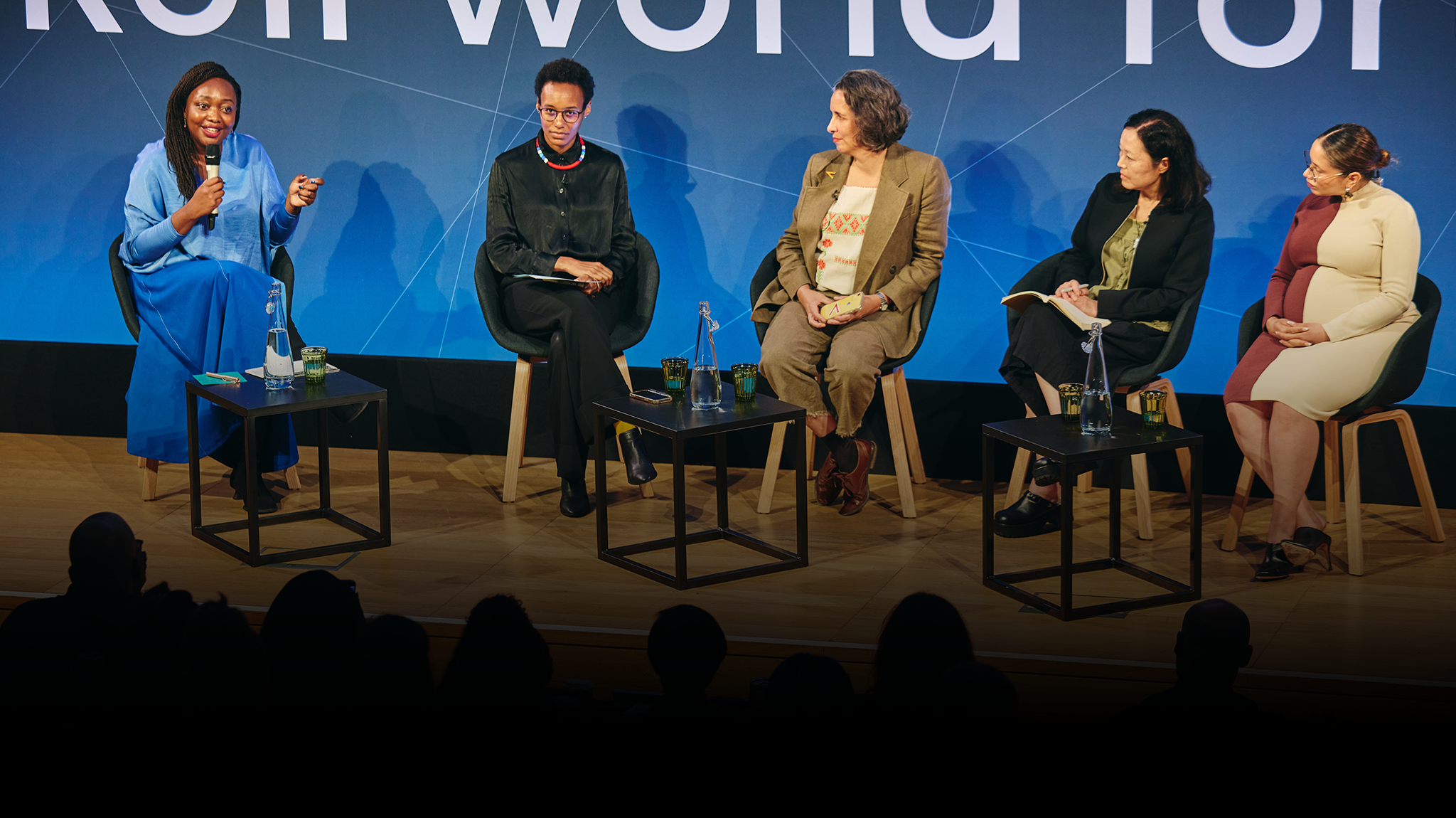In the past five years, 70 countries have passed restrictive laws controlling civil society organizations, with more than half of them restricting foreign funding. There is a crisis of effectiveness in the institutions that form the pillars of democracy. Powerful entities — always skillful at avoiding being held to account — have long used smear campaigns to brand citizen organizations and movements in their own countries as “agents of foreign powers,” puppets of external funders with suspicious agendas, subverters of national sovereignty.
Recently these campaigns have accelerated and intensified, pushing a wave of “reforms” designed to silence dissent. The wave is not confined to developing nations: a recent Council of Europe resolution recognizing a right to civic participation was blocked by a European country, Norway.
Around the world, most nongovernmental organizations are, first, foremost, and fundamentally, local. The means they have at their disposal to raise the voices of their constituents – organizing, petitioning, standing together publicly – are precisely what their governments label as prohibited political activity, grounds for cancelling registration and putting them out of business or under arrest.
One essential response is to fight back – to expose, denounce, sanction. Another is to develop models in forms other than advocacy organizations. Fair Employment Agency is a radical approach to stop human trafficking. David Bishop, Principal Lecturer at the University of Hong Kong, was outraged to learn that there are more slaves living in the world today than ever in history. More than three quarters of these people were trafficked by agencies promising overseas employment. To pay the agency fee, they borrow at usurious interest rates from lenders associated with those unscrupulous agencies, surrendering their passports and travel documents as security and falling into vicious cycles of debt.
Bishop was equally outraged by the response of civil society to the prevalence of slavery in a modern society like Hong Kong – essentially, focusing efforts on rescuing a small number of victims each year, unable to get cooperation from authorities to address the larger issues because of their advocacy and denunciations, and unable to collaborate to make that advocacy effective.
The result: “We painted a target on a different actor,” he said. “We are not an advocacy group, we’re a systemic solution.” Fair Employment Agency’s strategy is to focus attention and outrage on traffickers fronting as employment agencies, forcing them out of the business by (a) competing as a franchise of ethical agencies assuring safety and fair pay, with all fees paid by employers, and (b) supporting government to enforce existing laws regulating employment agencies bringing in workers, to weed out those who charge illegally high fees or evade required training and accreditation.
Fair Employment Agency is profitable, with 22 employees. Plans are in place to license and franchise the model, creating a legal, ethical, professional path to migration. By changing the conversation to one that did not paint government as the bad actor, Bishop and his colleagues have gained access to officials and organizations previously unwilling to collaborate or even meet with anti-trafficking organizations.
But what of situations in which government actually is the bad actor?
International Bridges to Justice’s mission is to end torture. Karen Tse believes that the way to do this is to place lawyers in police stations and courtrooms. The issue, she explains, is not lack of laws – torture has been outlawed, and the right to representation affirmed, in virtually every country in the world — but lack of implementation. “If you’re arrested and you don’t have access to a lawyer, breaking your fingers until you confess is the cheapest form of investigation,” said Tse.
IBJ could work on individual cases, but to help every single potential victim of torture, it has to work inside the system, with police officers and judges, and protect lawyers doing the work legally required of the government. Through information, training, and collaboration, IBJ is changing culture step by step inside the halls where torture happens.
“Whether you’re on the good side or the bad side, there’s part of you that can do something,” said Tse. “Find the places where you can develop relationships and get results.”


